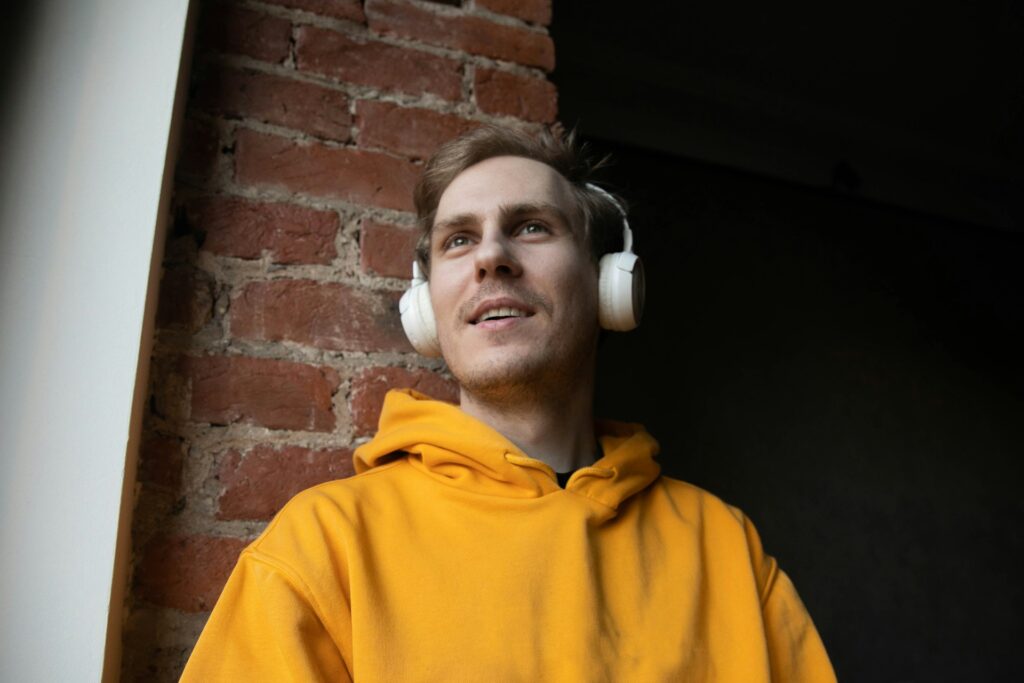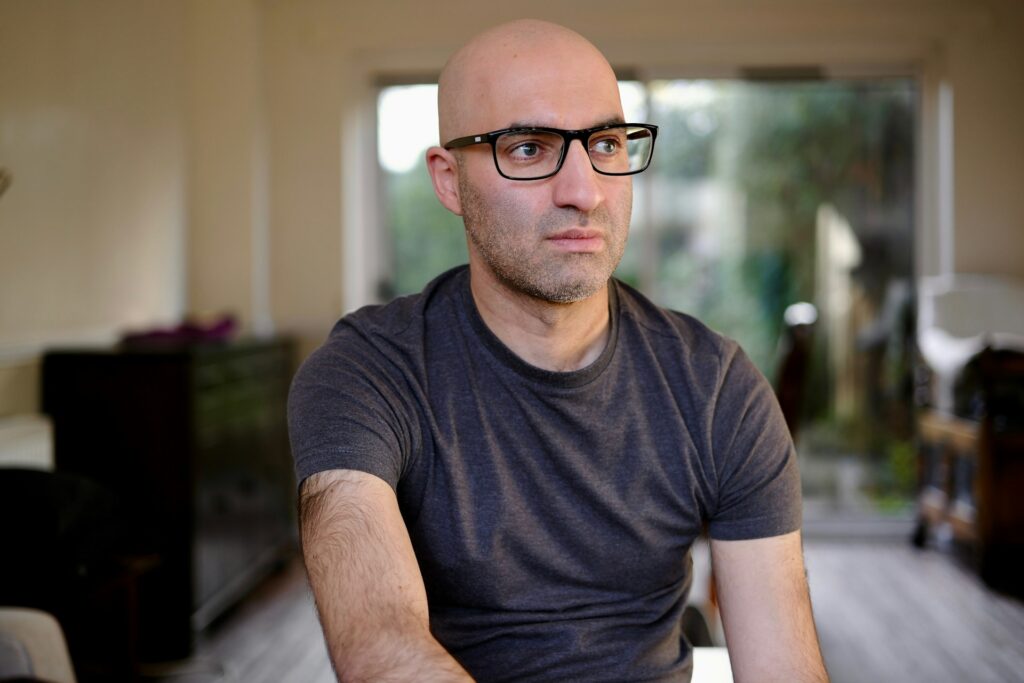Most of us have goals we care about, but getting there often comes down to the tiny things we do every day.

You don’t have to make huge strides all at once — that’s not how it works. Instead, baby steps are what add up into big progress as time goes on. Tracking your habits might not sound exciting, but it can be one of the simplest and most effective ways to stay focused and actually make real changes stick.
1. It helps you stay consistent when motivation fades.

Motivation comes and goes, but seeing your progress in black and white can keep you going even when you’re not feeling it. Habit tracking turns your actions into something you can measure, which creates a small sense of accountability, even if it’s just to yourself.
When your habits are visible, it’s easier to stay on track. You’re not relying on willpower alone. You’ve got a clear picture of what you’ve been doing, and that reminder can be the nudge you need to keep showing up.
2. It gives you a reality check.

It’s easy to think you’re doing something regularly when you’re not. Tracking habits cuts through that guesswork and shows you what’s actually happening. You might think you’re drinking enough water or working out often, but the data doesn’t lie.
That awareness helps you spot gaps, adjust your expectations, and make better choices based on real patterns rather than assumptions. You can’t change what you’re not aware of, and tracking helps close that gap.
3. It builds momentum through small wins.

Even ticking off a tiny habit feels good, and that feeling builds momentum. It’s proof that you’re doing the work, even if it’s just one step at a time. These small wins stack up and create a rhythm that’s hard to ignore. As time goes on, that sense of progress becomes addictive in a good way. You start chasing that feeling of showing up, not perfection. That mindset change can change how you approach goals completely.
4. It keeps your goals front of mind.

Life gets busy, and it’s easy to forget what you’re working toward. Habit tracking gently brings your focus back every day. Even glancing at your tracker reminds you of what matters to you — without needing a full pep talk or dramatic reset. It’s like setting a quiet reminder in your routine that says, “This is still important.” That regular touchpoint helps your habits stay part of your day rather than something you only think about once a month.
5. It helps you identify what actually works.

Sometimes we stick to routines out of habit, even when they’re not giving us results. Tracking helps you spot which actions are making a real difference and which ones might be a waste of energy. You can adapt based on what’s working instead of just guessing. This makes your efforts more efficient and gives you permission to let go of things that aren’t serving you. You’re not just doing more — you’re doing smarter.
6. It shows how often you bounce back.

Missing a day or falling off track isn’t failure — it’s part of the process. But when you track your habits, you start to see how often you actually come back. That resilience matters more than a perfect streak. As time goes on, you’ll notice patterns. Maybe you bounce back faster now than you used to. Maybe you’re more consistent than you thought. It’s empowering to see how often you keep showing up, even after setbacks.
7. It helps break bad habits with awareness, not shame.

Tracking isn’t just for building good habits. It can help you reduce or stop unhelpful ones too. Noting how often something happens brings awareness without judgement. That awareness is the first step toward change. Instead of beating yourself up, you can start noticing when and why certain habits show up. Once you understand the pattern, you’re in a much better position to change it without relying on guilt or willpower alone.
8. It removes the guesswork from progress.

Sometimes it feels like you’re doing everything right but not getting results. Habit tracking shows you what’s really going on. Are you actually being consistent? Are you putting in the time you think you are? When you can see the patterns clearly, it’s easier to make tweaks or stay the course. It helps you track effort and progress side by side, which makes it easier to trust the process, even when results feel slow.
9. It helps you focus on what you can control.

You can’t always control outcomes, but you can control actions. Habit tracking shifts the focus away from big results and onto small, doable behaviours. That change reduces overwhelm and keeps your energy where it matters most — in the process. When things feel uncertain or goals seem far off, focusing on one trackable habit at a time gives you back a sense of control. And that control helps you stay grounded instead of spinning your wheels.
10. It turns intentions into action.

We all have habits we mean to build. But tracking adds just enough structure to help you turn good intentions into actual steps. It’s not about pressure; it’s about having a system that gently holds you accountable. It’s easy to say you’ll journal, stretch, or read more. It’s another thing to track it and notice when it’s happening, or not. That change from “I should” to “I did” is where real change starts to happen.
11. It helps you build trust with yourself.

Every time you follow through on a habit, even a small one, you prove to yourself that you can be reliable. That builds self-trust, and that kind of trust has a ripple effect across your confidence, decision-making, and self-image. It’s not about perfection. It’s about creating a pattern of small actions that remind you, daily, that you’re someone who shows up for yourself. That belief starts to change how you carry yourself in every area of life.
12. It makes progress feel more satisfying.

Sometimes progress is slow, and it’s easy to forget how far you’ve come. However, when you track your habits, you have proof — a visual reminder that you’ve been putting in the effort, even on hard days. That sense of progress gives you motivation on days when the end goal feels far away. It’s not just about the finish line; it’s about seeing how many steps you’ve already taken, and knowing you’re capable of taking more.


